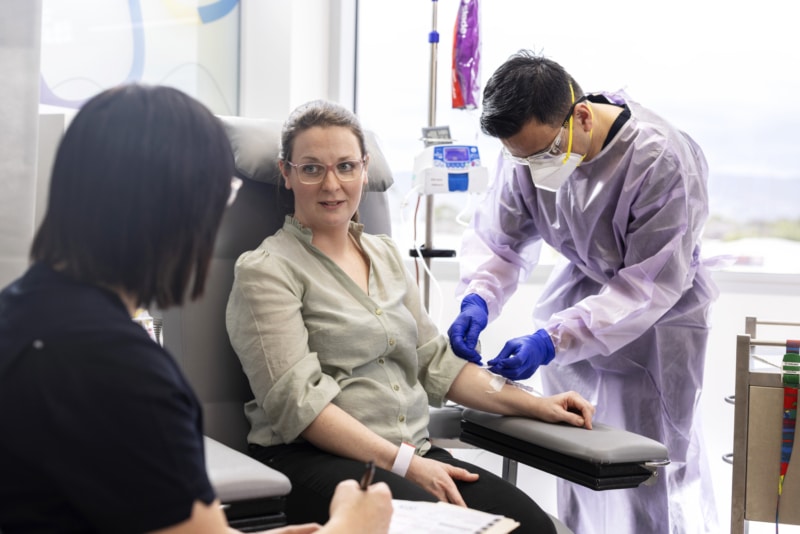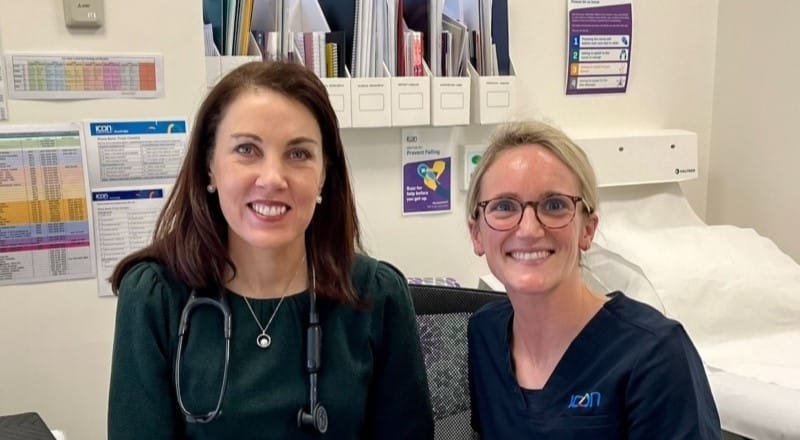Exploring the potential of artificial intelligence in oncology while keeping patients at the centre of care
By A/Prof Louise Nott, Icon Cancer Centre (Hobart) Medical Oncologist and Icon Group Director of Medical Oncology (Australia and New Zealand).
Artificial intelligence (AI) is one of the most talked-about developments in healthcare – and for good reason. In oncology, AI has the potential to enhance how we diagnose, plan, monitor and deliver care. But as we move toward a future backed by algorithms and automation, we must ensure innovation stays grounded in what matters most: our patients.


